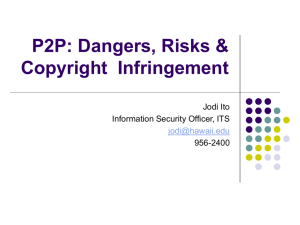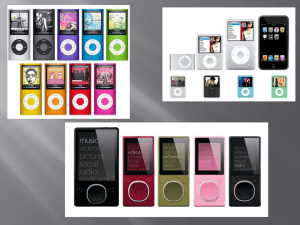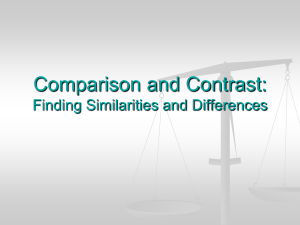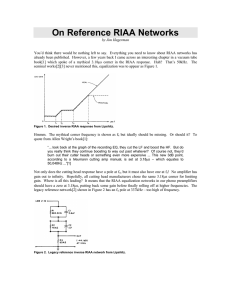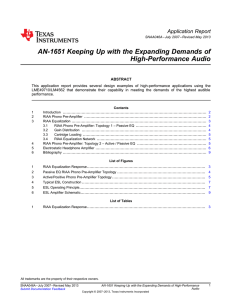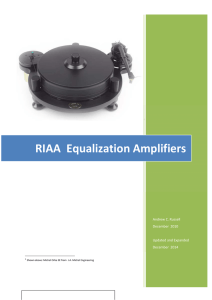Afterdawn.com 09-28-07 RIAA gets a chance to prove their case before a...
advertisement
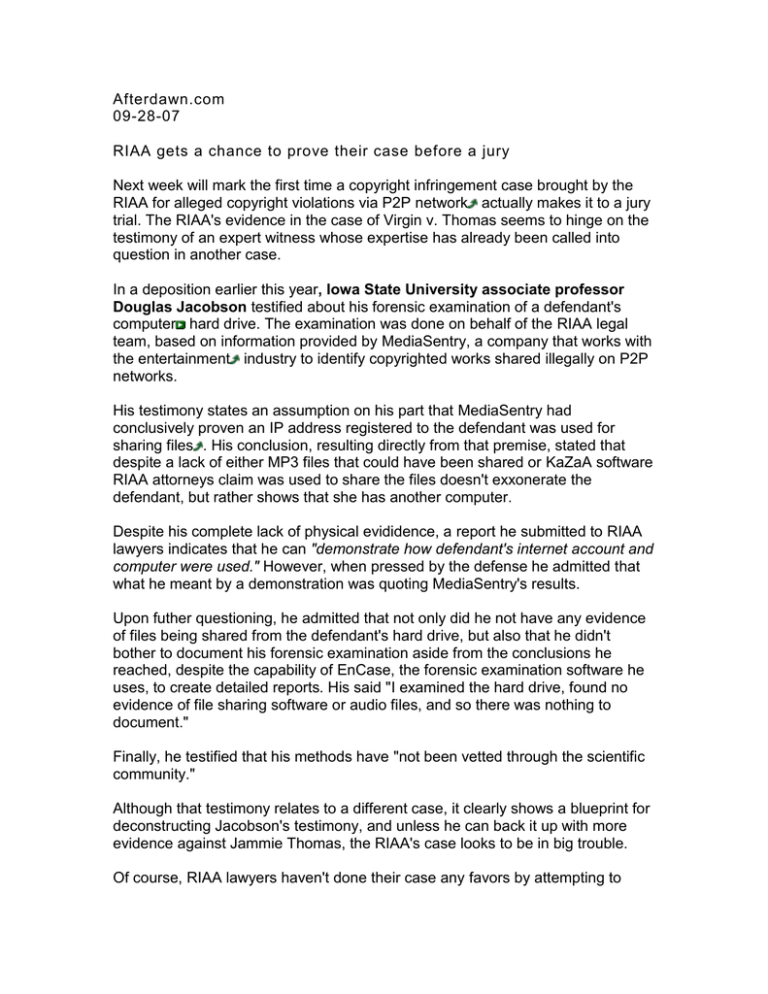
Afterdawn.com 09-28-07 RIAA gets a chance to prove their case before a jury Next week will mark the first time a copyright infringement case brought by the RIAA for alleged copyright violations via P2P network actually makes it to a jury trial. The RIAA's evidence in the case of Virgin v. Thomas seems to hinge on the testimony of an expert witness whose expertise has already been called into question in another case. In a deposition earlier this year, Iowa State University associate professor Douglas Jacobson testified about his forensic examination of a defendant's computer hard drive. The examination was done on behalf of the RIAA legal team, based on information provided by MediaSentry, a company that works with the entertainment industry to identify copyrighted works shared illegally on P2P networks. His testimony states an assumption on his part that MediaSentry had conclusively proven an IP address registered to the defendant was used for sharing files . His conclusion, resulting directly from that premise, stated that despite a lack of either MP3 files that could have been shared or KaZaA software RIAA attorneys claim was used to share the files doesn't exxonerate the defendant, but rather shows that she has another computer. Despite his complete lack of physical evididence, a report he submitted to RIAA lawyers indicates that he can "demonstrate how defendant's internet account and computer were used." However, when pressed by the defense he admitted that what he meant by a demonstration was quoting MediaSentry's results. Upon futher questioning, he admitted that not only did he not have any evidence of files being shared from the defendant's hard drive, but also that he didn't bother to document his forensic examination aside from the conclusions he reached, despite the capability of EnCase, the forensic examination software he uses, to create detailed reports. His said "I examined the hard drive, found no evidence of file sharing software or audio files, and so there was nothing to document." Finally, he testified that his methods have "not been vetted through the scientific community." Although that testimony relates to a different case, it clearly shows a blueprint for deconstructing Jacobson's testimony, and unless he can back it up with more evidence against Jammie Thomas, the RIAA's case looks to be in big trouble. Of course, RIAA lawyers haven't done their case any favors by attempting to game the legal process to prove facts by judicial fiat. Earlier this month their request for summary judgement was rejected by a judge on multiple grounds, including defense objections that the RIAA wouldn't even provide a list of songs the defendant is accused of sharing. Additionally, the plaintiff's motion wasn't filed before a deadline set by the court. Jacobson's entire deposition, as well as supporting court exhibits is available online.
